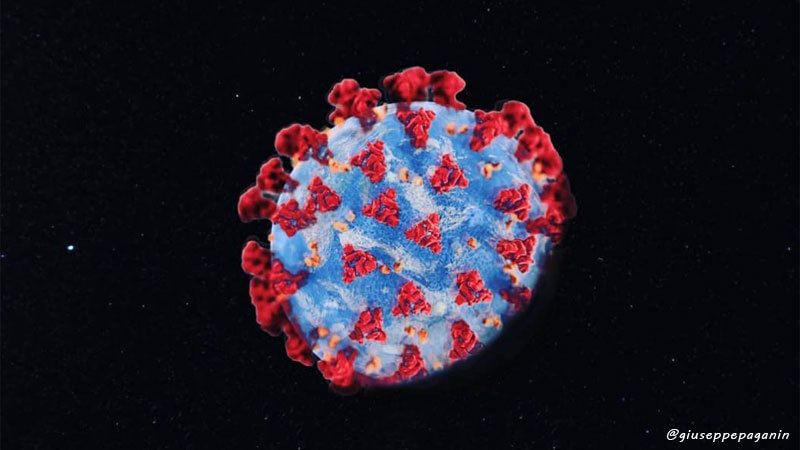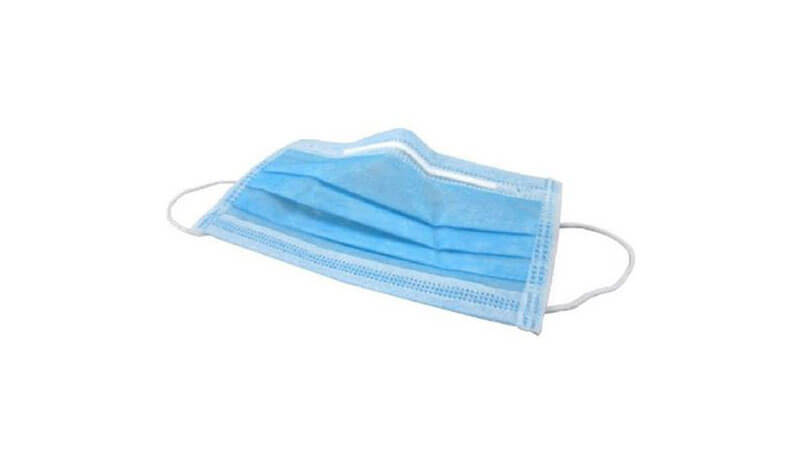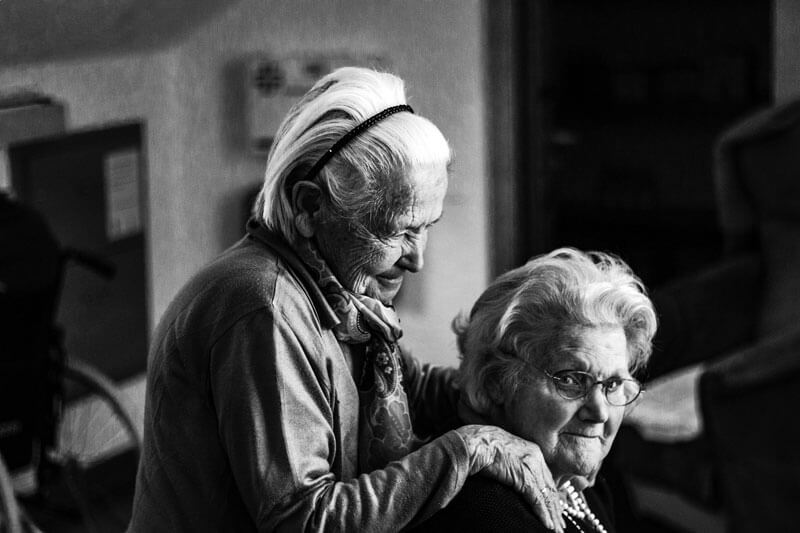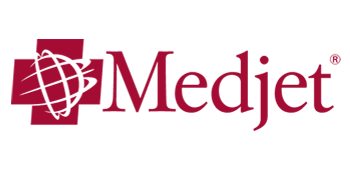
True, this should be a site dedicated to travel in Italy. But right now, since Italy is one of the most affected countries in the world by Coronavirus (COVID-19), we decided to write a post dedicated to coronavirus prevention.
We hope that our experience of these days can help other countries in the world that still have to experience a large scale coronavirus outbreak.
The coronavirus is an invisible threat. Anyone close to us could be affected and even be a healthy carrier.
Coronavirus is a new virus, and we are still learning how it works. For this reason, it is essential to follow some basic rules of hygiene and prevention.
To protect yourself from the Coronavirus (COVID-19), you must first think about how it spreads.
The coronavirus spreads mainly through droplets, of saliva, for example, which can be spread in the air through sneezing or coughing.
These drops can infect you through your nose, mouth, but also your eyes. So, even if you touch a contaminated surface and then take your hands to your nose or mouth, you are at risk of infection.
So, now that you know the primary way the coronavirus is transmitted, how can you protect yourself from the coronavirus?
What to do
Wash your hands
Wash your hands carefully and as frequently as possible. Please follow the instructions in this video from the World Health Organization (WHO)
Keep your distance
Social distancing is vital to reduce and prevent the spread of the coronavirus. Always keep a distance of at least one meter (ideally 1.82 meters, about 6 feet) between you and other people around you. This advice always applies, for example, when queuing at the supermarket, in a restaurant or bar and while practicing sport.
Also, avoid kisses, shaking hands, or hugging each other.
Take a look at this other video from World Health Organization
Worried about Pandemic?
Discover
If you are traveling far for home and are worried about acts of God such as Political Threat, Terrorism, Natural Disaster, Pandemic, and Violent Crime, Medjet Membership offers 24/7 Travel Security Response and Evacuation Services. They have plans for individuals, families, age 74 and older. You can choose between annual or short-term membership, and it's a Peace-of-mind solution for Students and Expats.
It is effortless to get an instant quote online!
You will get Medical Transfer and Air Medical Transport to the hospital of your choice.
Stay at Home
For as long as possible.
Cover Your Mouth
When you cough or sneeze, cover your mouth and nose with the bend of your elbow. Don’t do it on your hands.
Use disposable tissues
And throw them away immediately after use.
Disinfect
Disinfect objects or surfaces that you frequently touch with alcohol.
Use Masks
If you go outside, always wear protective masks.
Avoid Social Contacts
Avoid unnecessary social contacts as much as possible: restaurant, bar, aperitif, parties, concerts, and crowded places, especially indoors. Also, invite your friends and acquaintances to behave correctly.
Do not touch
Your eyes, nose, or mouth if your hands are not clean.
Do not share
Objects such as cups, cutlery, bottles that you have touched with your mouth.
Do not shake hands
Avoid shaking hands, hugging or kissing people you meet
If you have symptoms – such as fever above 37.5 degrees, sore throat, sore muscles and bones, cough, breathlessness – isolate yourself for 14 days.
When to wash your hands
Wash Your Hands
After you have coughed or sneezed
Wash Your Hands
Always before and after cooking and eating
Wash Your Hands
Before and after getting on public transport
Wash Your Hands
If you have been in contact with someone who has obvious symptoms such as fever or difficulty breathing
Wash Your Hands
After touching the garbage
Wash Your Hands
Before smoking a cigarette
Wash Your Hands
Before you go to the bathroom and afterward

Initially, it was said that the use of masks was only useful for coronavirus infected people and medical staff.
The masks, in fact, block the spread of droplets, so their main use is to avoid infecting other people.
However, since many people have mild or even no symptoms, it is useful for everyone to wear them, especially if you are in a public place or at work.
Who are the people most at risk?
- Elderly people
- Immunosuppressed people
- People who suffer a long-term medical condition, such as heart disease, diabetes, cancer, lung disease, high blood pressure.

People over 65 should stay at home as much as possible and avoid crowded places such as bars or venues.
It is advisable to minimize visits to relatives and grandparents, in particular, if your children still go to school or if they meet friends for recreational and sports activities.
Immunosuppressed people may be more likely to get an infection, and the virus could seriously attack their lungs.
Immunosuppressed people include people:
- with cancer
- with rheumatoid arthritis, lupus, multiple sclerosis, HIV…
- who have undergone an organ or marrow transplant
Call your doctor or the emergency numbers if you have any symptoms of coronavirus and are worried.
Disclosure: Please note that we may use display advertising, and affiliate links to operate this site, and at no additional cost to you, we may earn a commission if you make a purchase. We recommend only products and services we know and the income allows us to keep the site updated and free of charge. Please review our Terms and Conditions and Privacy Policy for more information.




